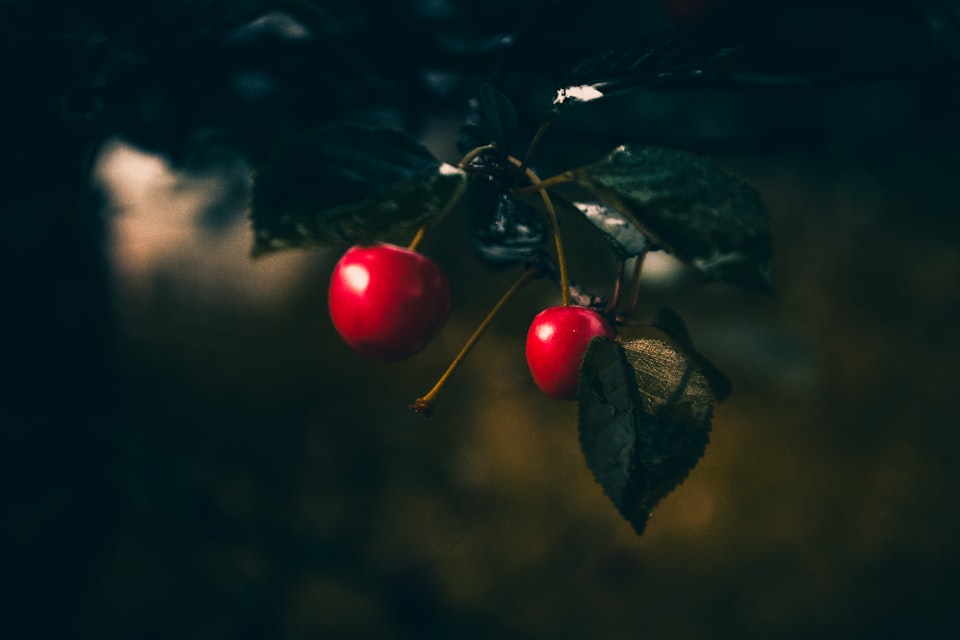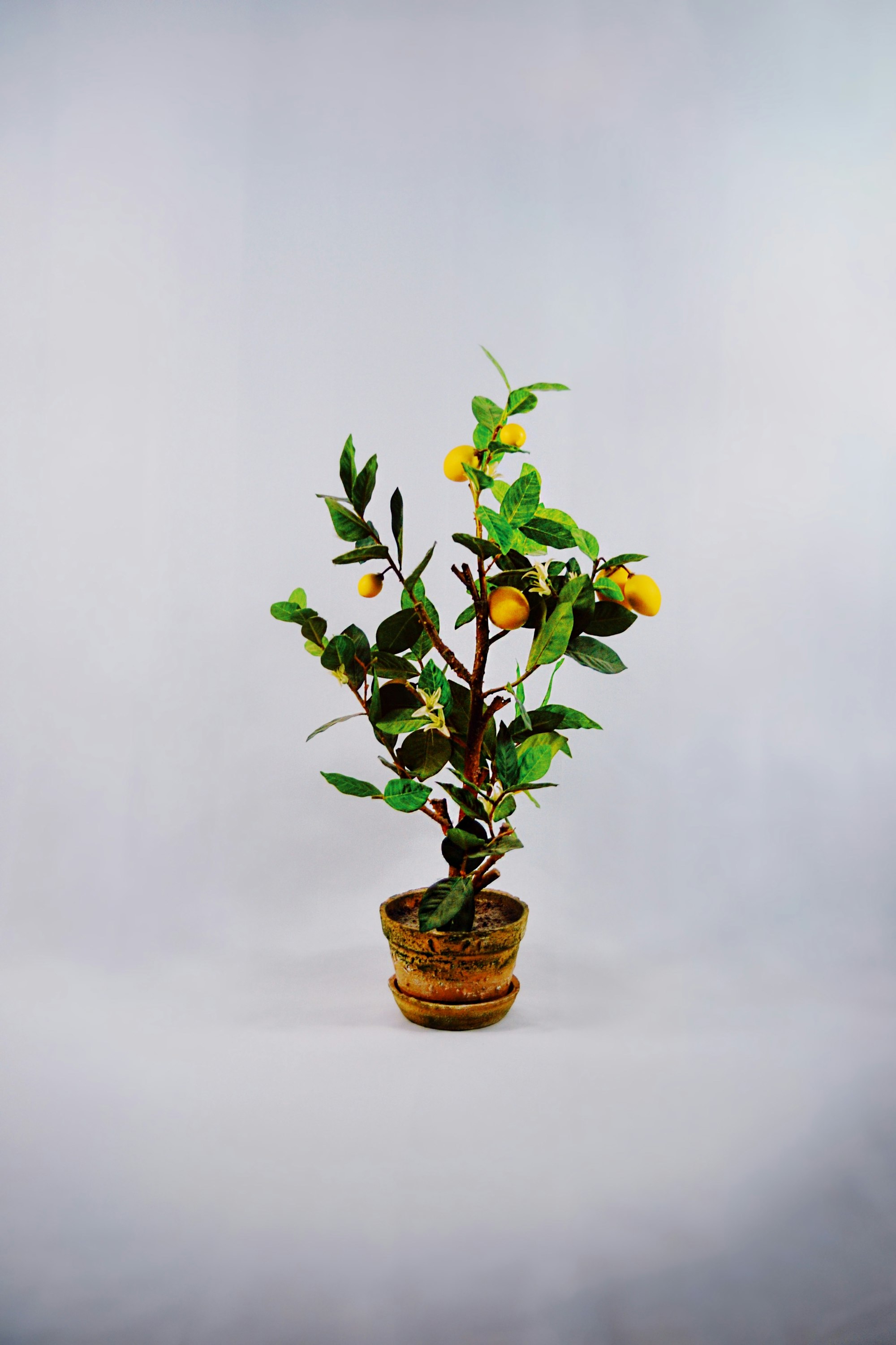what's good?

A silly idea is current that good people do not know what temptation means. This is an obvious lie. Only those who try to resist temptation know how strong it is... A man who gives in to temptation after five minutes simply does not know what it would have been like an hour later. That is why bad people, in one sense, know very little about badness. They have lived a sheltered life by always giving in. We never find out the strength of the evil impulse inside us until we try to fight it: and Christ, because He was the only man who never yielded to temptation, is also the only man who knows to the full what temptation means—the only complete realist. — C.S. Lewis
forbidden fruit existed before we ate it
It's a lot of fun to describe things as "forbidden fruit." It sounds deep, dark, and mystical. It gives an object an aura of irresistiblity as old as creation itself and as powerful as sin. As the story goes, eating the forbidden fruit is as inevitable as the fall of humanity and the necessity to work for a living.
We know that the world, before Adam and Eve ate the fruit, was good. God told us it was good seven times! He was emphatic about it! Everything was just the way he wanted it to be: from all the stars that he calls by name to every hair on our heads that he keeps numbered.
It's always bothered me, though, that the forbidden fruit wasn't temptation, or disobedience, or even the selfish desire to put ourselves in the place of God. All those things must have existed in the good world that God created before people ate the forbidden fruit. If humans had never been tempted, they never would have disobeyed the order not to eat the fruit. If humans weren't capable of disobedience they wouldn't have touched the fruit thereby disobeying the command not to even touch it (Genesis 3:2). Finally, if humans hadn't already selfishly wanted to place themselves on the throne of God to be "like him," despite the fact that God had already made them in his image as rulers over the entire earth and everything in it (Genesis 1:26-28), the words of the serpent ("...you will be like God..." in Genesis 3:3) would not have been a convincing argument for Adam and Eve.
It makes me very uncomfortable to realize that the good world God created, even before people ate the forbidden fruit, included temptation to sin. That goes against what I want to believe about "good and evil," but that leads into the next obvious conclusion.

we can't understand good and evil
We weren't made to have knowledge of good and evil. Before you get out your pitchforks and torches, go ahead and finish reading, then you can send me a message at the bottom of this post.
God said that we could eat from any tree in the garden except the "tree of knowledge of good and evil." The trees we could eat from included the tree of life–the thing that grants eternal life.
When we decided to take knowledge of good and evil for ourselves, we immediately realized we were naked and vulnerable. We immediately tried to cover ourselves for protection and modesty, but from what or from whom? Was it that moment that we understood we and other people have the God-given capacity to cause harm in addition to the ability to create and foster life?
The world didn't shift and change when we ate the fruit. It wasn't a tree of "sin and death" or "world destruction" but simply the tree of "knowledge of good and evil." The world was–and still is–the good world that God created and called good seven times, yet sin and death still entered the world on that fateful day (Romans 5:12-14). We were always capable of eating the fruit and the fruit was always there as a temptation, but God still called the world good.
Our vulnerability was shown to us when we gained knowledge of good and evil for ourselves. On the day when we took the fruit in our hands to eat it, we admitted that we don't have faith in God our creator to care for us. We decided that we need to be, "like God" and define good and evil for ourselves; however, when we do so, the only result is fear. We know this because the first thing we did after eating the fruit was to feebly cover ourselves with fig leaves and hide from God, the only sure source of life and power (Genesis 3:7-8).
This fear is the same fear that leads us to kill our fellow people in jealousy and to construct fortified cities with walls that serve the same purpose as the fig leaves that we initially used to cover ourselves. Once we gained knowledge of the evil that we're capable of committing, we began to fear ourselves instead of fearing God. For as long as we indulge that fear, we try to bend God's good world into defensive structures that kill, steal, and destroy simply because we no longer trust him even though he says that everything he made is good.
We are hardwired to be the image of God and rule the earth. We are not hardwired to understand good and evil for ourselves. We're afraid of things we don't understand. Therefore, we fear the evil harm that others could do to us and hurt and kill them in defense. We fear God's good world, so we try to manipulate the world into our own idea of what's good, destroying it in the process. We no longer trust God to take care of us, so we twist and mangle his good words to fit our own idea of the way the world "should" be.
When we started doing these horrible things in and to God's good world, we admitted that we don't particularly like the life that God gave us or the world he put us in. We believe the lies that life is an accident and we say that the world is not good. Mercifully, for those who continue believing this, access to the tree of life, the thing that gives eternal life, was removed. It would be eternal misery to live in this state eternally, always afraid, always fighting, always wondering who's going to hurt us next.
Fortunately, that tree of life was later transplanted to a new, much more accessible location.

the good news
The only way to fall out of this cycle of fear and destruction is to realize that there's no reason to be afraid. We call this faith. Faith casts out fear and faith admits that God was right when he said that the world is good. Faith means that when somebody hits me, I can simply turn the other cheek and I don't need vengeance for myself (unlike the people in the very next chapter, Genesis 4:23-24). Faith means that even though I know about the good and evil in the world, I still admit that the one who made it knew what he was doing.
Above all, I take down my own feeble attempts at caring for myself in the way that I think is good. I accept that God cares for me in ways that are much better than I could ever do for myself even when I can only see it as pain in the moment.
Faith is admitting that the life God gave us, full of temptations and things that can hurt us, is good and it's worth living. And that's hard. And I don't like it. It makes me feel vulnerable and exposed. It challenges my ideas of what's right and what's justice when I think that God isn't doing a good enough job.
My favorite comfort in this is the words from Job 38. Click here to read them (they're quite poignant):

There's more to explore here, but this is already a long post. Let me know what you think!
subscribe to get email updates and support my work
Click the link below or the subscribe button at the bottom of the page to support my work and get an email every time I make a new post!



